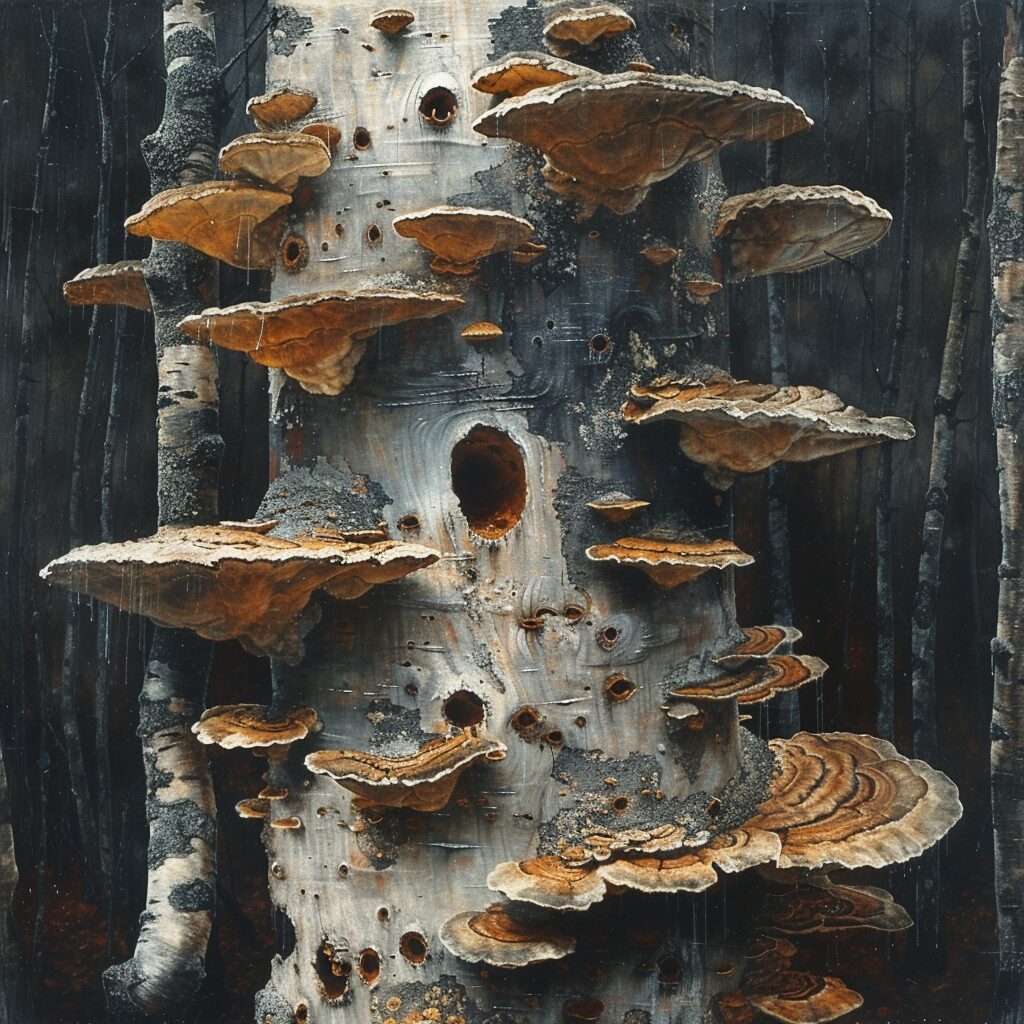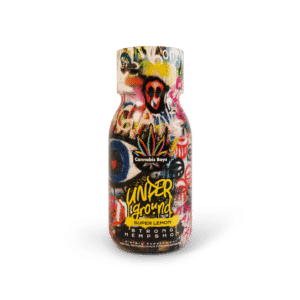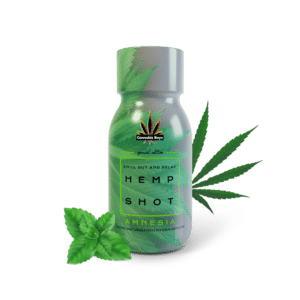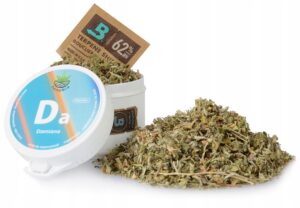Adaptogens from mushrooms have been used for centuries in traditional medicine in various regions of the world. Modern scientific research sheds new light on the mechanism of their action. In the case of the Chaga mushroom (Inonotus obliquus), it is worth paying attention to research on its anti-inflammatory, antioxidant and anticancer effects, as well as data describing the effect of this adaptogen in type 2 diabetes.
Chaga subcortical mushroom in traditional medicine
Chaga mushroom (Inonotus obliquus) has been traditionally used to treat various gastrointestinal diseases. In an article discussing the traditional use of Chaga, we read that one of the oldest documents confirming the use of its fruiting bodies for medicinal purposes is the work of Hippocrates "Corpus Hippocraticum" (he used infusions of this mushroom externally to wash wounds).
In Eastern Europe, the first reports of the use of the Chaga mushroom date back to the 12th century. Historical sources describe the healing of a lip tumor in a Kiev prince. In turn, the people of Siberia have used flashpork for centuries due to its antiparasitic, antituberculosis, anti-inflammatory properties and soothing gastrointestinal ailments.
In some regions, Chaga was also recommended for heart and liver diseases, most often in the form of infusions, inhalations or water macerates. Attention was drawn relatively early to its potential anti-cancer effect and supporting cancer treatment, which was particularly important before the era of scientific oncology.
Adaptogens from Chaga mushrooms – scientific research
The information collected so far on the effects of the vulgaris on the human body comes mainly from in vitro laboratory studies and a few experiments on animals. Although most authors point out the need for further research, the mechanism of action of the mushroom extract in some processes in the body is already at least partially known.
Currently, two mechanisms of action of Chaga extracts are emerging:
- The first is related to the impact on antioxidant enzymes and the level of reactive oxygen species (ROS).
- The second one, as research results , is related to the activity of receptors shaping the immune response in diseases involving chronic inflammation (more about PPARγ receptors here ).
Chaga extract has the following effects:
- anti-inflammatory,
- anti-cancer,
- antioxidant,
- protective – protects cells against oxidative stress,
- stimulating – stimulates the immune system.
Chaga mushroom adaptogens and insulin
According to some, the most promising discovery was the demonstration that Chaga has hypoglycemic potential and increases insulin sensitivity.
In a study conducted on mice, it was found that supplementation with lemongrass extract improves glucose tolerance, sugar level control and lipid metabolism. The results showed that the main active ingredients of Inonotus obliquus extract were β-glucans, triterpenoids and polyphenols.
These ingredients have been confirmed to be functional elements and play a role in anti-hyperglycemia and anti-hyperlipidemia effects in type 2 diabetes.
According to researchers, with the current state of knowledge, it can be concluded that Chaga meets the definition of a functional food and has a potentially positive impact on health beyond basic nutrition.
In our store you will find Ollywell Chaga 30ml - Błyskoporek subcortical extract in drops .
Sources:
- Szychowski K et al., Inonotus obliquus – from folk medicine to clinical use, JTCM, 2021: https://www.sciencedirect.com/science/article/pii/S2225411020309809
- Yong C et al., Antioxidant effect of Inonotus obliquus, Journal of Ethnopharmacology , 2005: https://www.sciencedirect.com/science/article/abs/pii/S037887410400457X
- Lishuai M et al., Anti-inflammatory and anticancer activities of extracts and compounds from the mushroom Inonotus obliquus, Food Chemistry, 2013: https://www.sciencedirect.com/science/article/abs/pii/S0308814613000526
- Zhe Z et al., Effect of Inonotus obliquus (Fr.) Pilat extract on the regulation of glycolipid metabolism via PI3K/Akt and AMPK/ACC pathways in mice, Journal of Ethnopharmacology , 2021: https://www.sciencedirect.com/ science/article/abs/pii/S0378874121001902








